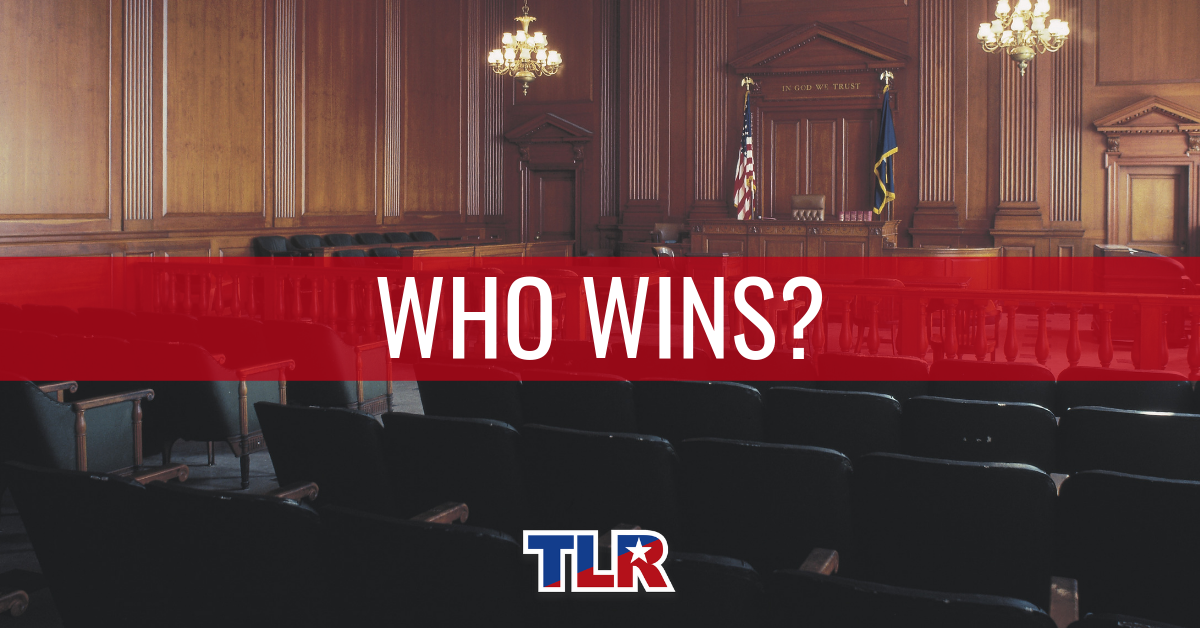
By Lucy Nashed, TLR Communications Director
The American Tort Reform Association (ATRA) has released a new study on lawsuit trends, and unfortunately, some Texas-based law firms feature prominently.
The study looks at the rise in the use of contingency-fee attorneys by local governments. Many of the lawsuits filed by local governments, with the encouragement of lawyers who stand to profit from the litigation, allege vague public nuisance laws that plaintiff lawyers have “transform[ed] over time into a tool for requiring businesses to remediate environmental and societal conditions regardless of fault.”
In Texas, we’re seeing contingency-fee lawyers recruit local government clients, like cities, counties and school districts for lawsuits involving opioids and construction defects, among other things. The lawyers’ sales pitches are always the same: Let us sue on your behalf. We’ll pay all of the expenses. You won’t owe us a dime unless we win. Anything we win is free money for you to use however you please.
There is a time and a place for local governments to partner with private attorneys to pursue claims in court. But some of these local lawsuits can actually interfere with efforts to address public policy challenges.
As ATRA notes, “the lawsuits also distract from the need for legislators, regulators, policy experts and the business community to come together to develop real solutions… state attorneys general… might need to intervene, coordinate, consolidate or otherwise manage local lawsuits when they pose an obstacle to the state’s ability to resolve litigation or impede the development of sound public policy.”
There’s no better example of this than the massive tobacco settlement of the 1990s. “Over the past five years, less than 10 percent of the money paid to states under the settlement went to smoking cessation and prevention… in FY 2018 just 2.6 percent of the money collected by states as a result of the settlement—less than three cents per dollar—actually went to programs to prevent underage smoking and help smokers quit.”
As we’ve seen time and again with abusive lawsuits in Texas, with a handful of bad actors involved, it’s more about pursuing a big fee than pursuing justice or good public policy. These attorneys actively solicit their clients, file cookie cutter lawsuits and inflate their legal fees. Worst of all, their contracts usually aren’t subject to public scrutiny—at least not without a fight.
So who really wins when private lawyers get involved with government litigation? It’s a question well worth exploring.
